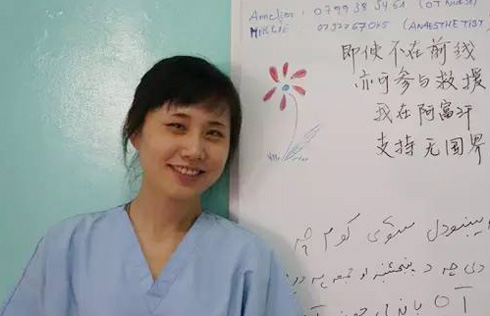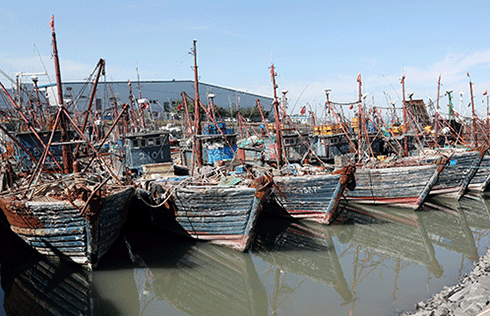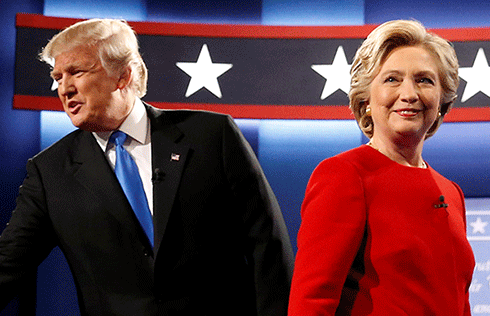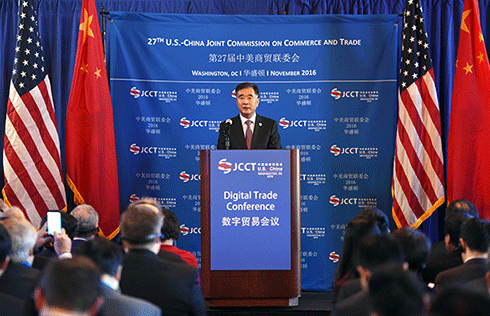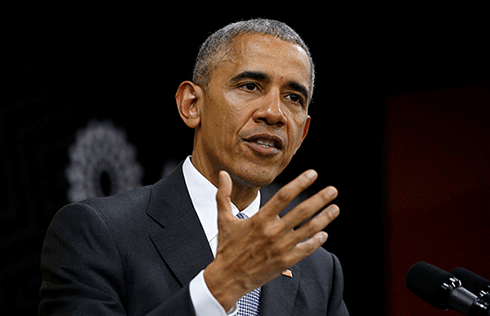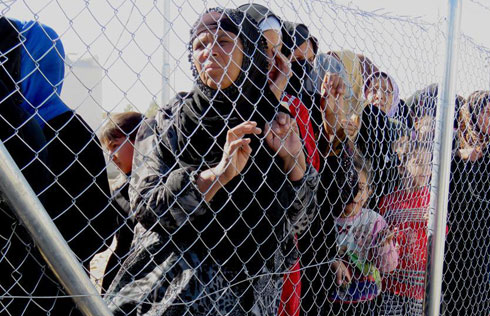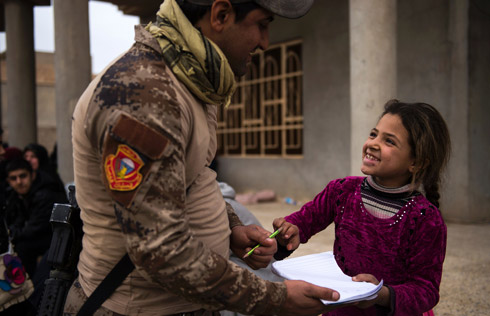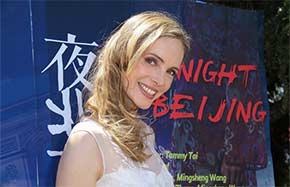Ecuador's Correa claims re-election victory
QUITO- Ecuadorean President Rafael Correa claimed a re-election victory on Sunday that would allow him to strengthen state control over the OPEC nation's economy and gives a timely boost to Latin America's alliance of socialist leaders.
Correa won 61 percent of the vote compared with 21 percent for former banker Guillermo Lasso, the strongest showing of the seven opposition candidates in the race, according to an exit poll by private firm Opinion Publica.
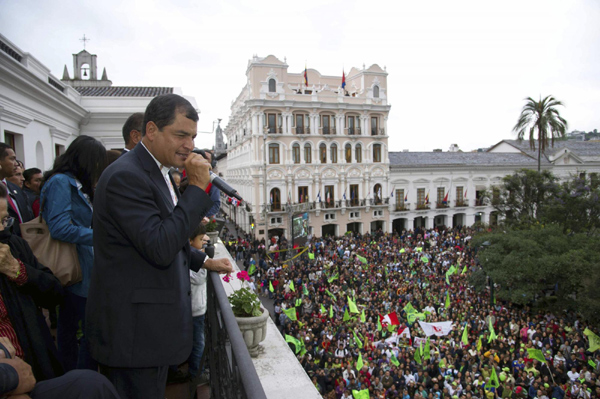 |
|
Ecuador's President Rafael Correa addresses his supporters from a balcony of Carondelet Palace in Quito Feb 17, 2013. [Photo/Agencies] |
A separate exit poll by the firm Cedatos showed Correa winning 59 percent of the vote versus 20 percent for Lasso.
"Nobody can stop this revolution," said a jubilant Correa from the balcony of the presidential palace above a crowd of supporters in Quito. "The colonial powers are not in charge anymore, you can be sure that in this revolution it's Ecuadoreans who are in charge."
The electoral authority was expected to release an official quick-count by 7:00 pm EST (0000 GMT) based on 30 percent of the votes cast.
Correa, a pugnacious US-trained economist, wants to continue boosting the state's role in the OPEC nation's economy and strengthening the leftist ALBA bloc of Latin American nations that openly oppose the United States.
The only Ecuadorean president in the past 20 years to complete a full term in office, Correa is admired for bringing political stability to a nation where leaders had been frequently toppled by violent street protests or military coups.
"He has breathed new life into the country with the infrastructure and social programs. He has allowed the country to recover its dignity," said Rosa Patino, 40, a municipal worker in Quito.
Opposition leaders call Correa a dictator in the making who is quashing free speech through hostile confrontation with the media and squelching free enterprise through heavy taxation and constant regulatory changes.
His success hinged in part on high oil prices that allowed for hefty government spending, including providing cash handouts to 2 million people, and spurred solid economic growth.
Correa is now on track for a decade in office, rare stability in a country where three presidents were pushed from office by coups or street protests in the decade before Correa took power in 2007.
He is already the longest-serving president since the return to democracy in the 1970s following a military dictatorship.
"Instead of a weakening of our power, what we have is a consolidation of support," he said at a news conference.




